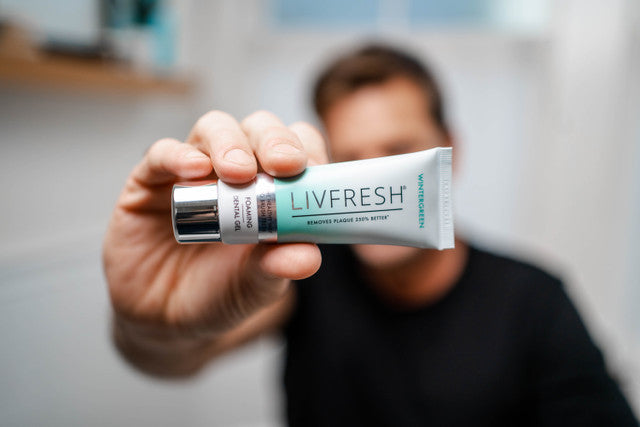Wisdom teeth removal is a common dental procedure that many individuals undergo in their late teens or early twenties. While the process can seem intimidating, understanding what to expect during and after the extraction can alleviate concerns and promote a smooth recovery. In this blog post, we will explore the wisdom teeth removal procedure, the recovery process, dietary recommendations, and essential self-care tips to ensure a comfortable healing experience.
The Wisdom Teeth Removal Procedure
Wisdom teeth, also known as third molars, typically erupt between the ages of 17 and 25. Due to a lack of space in the mouth, these teeth often grow at odd angles or become impacted, causing pain, discomfort, and potential oral health issues. To address these concerns, a dentist or oral surgeon may recommend the extraction of wisdom teeth.
During the procedure, the patient is usually placed under local anesthesia, intravenous sedation, or general anesthesia, ensuring a painless experience. The surgeon will make an incision in the gum tissue, remove any bone that obstructs access to the tooth, and extract the wisdom tooth. Afterward, dissolvable stitches may be used to close the incision.
The Recovery Process
Recovery from wisdom teeth removal typically takes about a week, but individual healing times may vary. It's essential to follow post-operative care instructions to minimize discomfort and complications. Immediately after the extraction, it's common to experience some swelling, mild pain, and bleeding. These symptoms can be managed with pain medication prescribed by the dentist or oral surgeon and by applying ice packs to the affected area to reduce swelling.
Maintaining proper oral hygiene during the recovery period is crucial. Gentle brushing should be resumed after 24 hours, making sure to avoid the extraction sites. Rinsing the mouth with warm salt water will help keep the area clean, promote healing, and reduce the risk of infection.
Dietary Recommendations
Choosing the right foods is essential for a speedy recovery after wisdom teeth removal. In the first few days, a soft or liquid diet is recommended to prevent irritation and aid healing. Here are some nourishing options:
1. Soups and broths: Warm and comforting, soups and broths provide essential nutrients while being gentle on the healing mouth.
2. Smoothies: Packed with vitamins and minerals, smoothies made with soft fruits, yogurt, and protein powder offer a delicious and nutritious option.
3. Mashed potatoes: Creamy and easy to swallow, mashed potatoes are an excellent source of carbohydrates and can be flavored with herbs or spices for added taste.
4. Yogurt: Soft and soothing, yogurt is rich in probiotics, which can aid in digestion and promote oral health.
5. Scrambled eggs: Easy to chew and protein-rich, scrambled eggs provide essential nutrients for the recovery process.
Self-Care Tips for a Comfortable Recovery
Aside from following dietary recommendations, certain self-care practices can help ensure a smooth recovery:
1. Rest and take it easy: Give your body the time it needs to heal by getting plenty of rest and avoiding strenuous activities.
2. Avoid smoking and drinking through a straw: These activities can dislodge the blood clot that forms in the extraction site, leading to a painful condition known as dry socket.
3. Use pillows for elevation: Prop yourself up with pillows while sleeping to reduce swelling and promote healing.
4. Stay hydrated: Drinking water is crucial for maintaining overall health and facilitating the healing process.
5. Take prescribed medications as directed: Pain medication and antibiotics, if prescribed, should be taken according to the dentist's instructions to manage pain and prevent infection.
6. Once your doctor says it’s OK to brush your teeth, try our dental gel. LIVFRESH is free of harsh abrasives, parabens, and antimicrobials. It is safe for all ages and is clinically proven to remove plaque 250% better than leading brands.
Wisdom teeth removal can initially seem daunting, but understanding the procedure and taking care of yourself during the recovery process can help ensure a smooth experience. By following post-operative care instructions, maintaining a soft or liquid diet, and practicing essential self-care, you can nourish yourself back to health and enjoy a pain-free smile. Remember, if you have any concerns or experience prolonged discomfort, don't hesitate to reach out to your dentist or oral surgeon for guidance and support.

